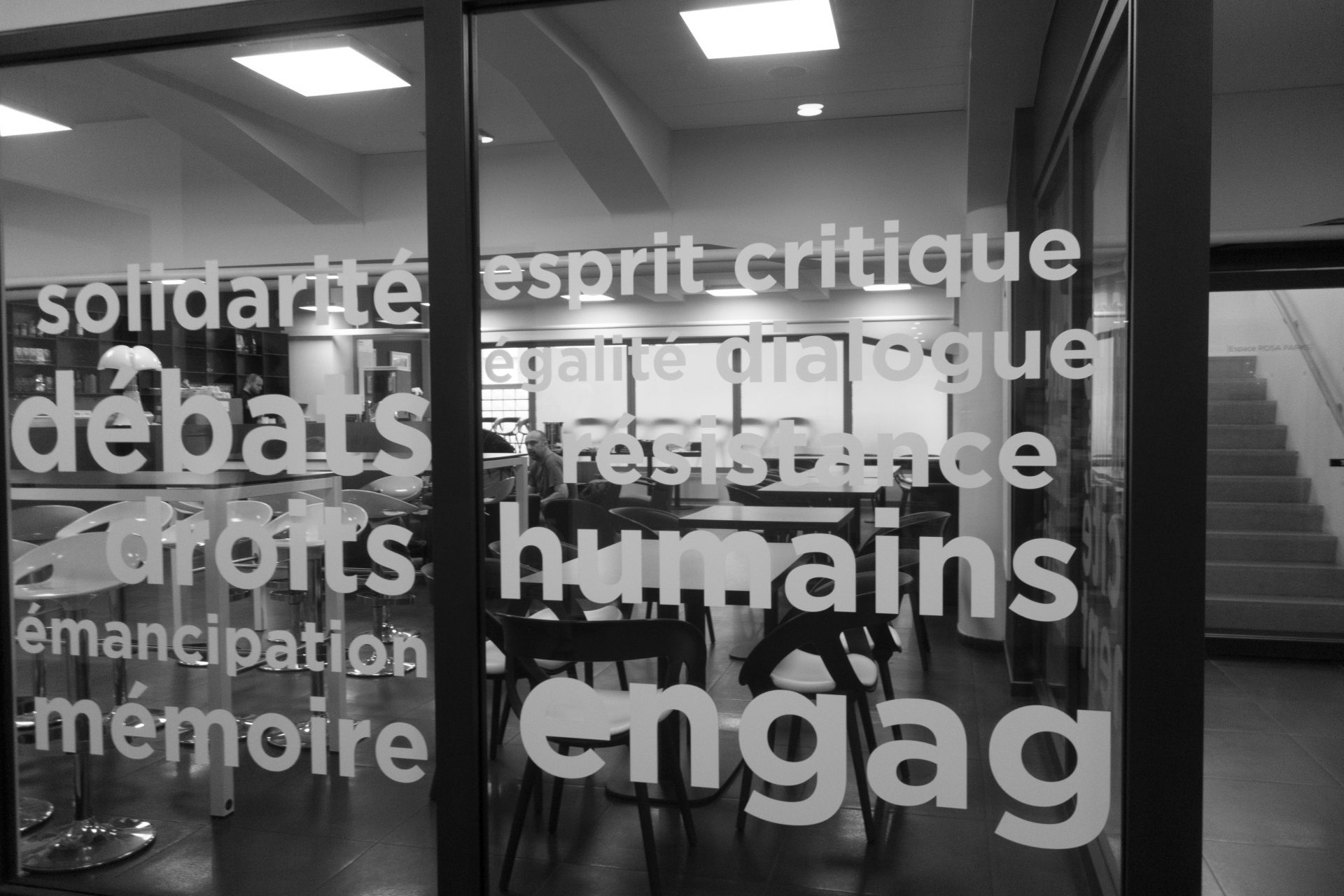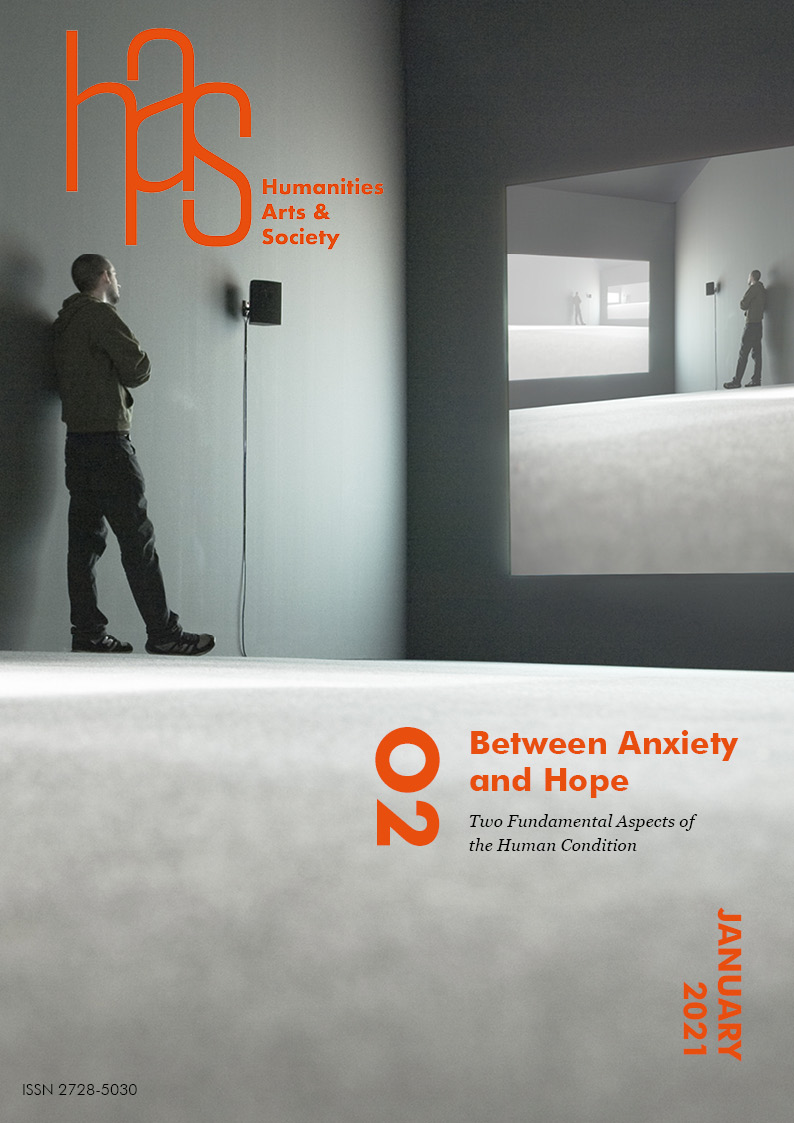
The International Council for Philosophy and Human Sciences was founded in 1949, under the auspices of UNESCO, to explore the uniqueness of the Humanities for understanding the great challenges of Humanity— peace, conviviality, purpose, what it means to be Human, what conditions Human agency, how to articulate cultural diversity and the unity of the species while rejecting any forms of racism, xenophobia, or other prejudice. Philosophy, History, Literature, Anthropology, Geography, and all their sub-disciplines, but also the fundamental principles of meaning and ethics in other sciences, are at the core of the work of CIPSH.
Currently involving 21 world scholarly federations, themselves engaging thousands of structures in all countries, CIPSH and its members, along with UNESCO, have been working to set agreed priorities and agendas for the new challenges ahead.

World Logic Day
UNESCO’s General Conference, at its 40th session, proclaimed January 14 “World Logic Day” in association with the International Council for Philosophy and Human Sciences (CIPSH), recalling that logic, as a discipline that encourages rational and critical thinking, is of paramount importance for the development of human knowledge, science, and technology. CIPSH has established a special coordination project and will foster the WLD as a major outreach moment for the Humanities in general.
Visit the World Logic Day website:
http://wld.cipsh.international/
European Humanities Conference
The European Humanities Conference will take place in Lisbon from 5th to the 7th of May 2021, during the Portuguese Presidency of the Council of the European Union. Following the World Humanities Conference, the European Conference takes on the field of Humanities (including its various traditions, notably under the designations of Humanities, Geisteswissenschaften and Sciences Humaines) as a set of specific methodologies and perspectives. These, however, are not limited to traditional disciplinary issues and, within the conference, should focus on cross-cutting themes of society, highlighting the specific contribution of the Humanities to our world. Such contribution is made in close cooperation with researchers from other disciplines such as the natural, social, engineering, and medical sciences, to discuss educational and scientific policy as well as processes of knowledge dissemination.
The Conference is jointly organized by CIPSH, UNESCO, and the Foundation for Science and Technology (FCT), the Portuguese public agency for the support of R&D in all areas of knowledge. The general theme of the Conference is European Humanities and Beyond. Four specific issues have already been proposed: 1) Multidisciplinary Dynamics as Education and R&D strategies for meaningful problem solving; 2) Heritage, mobility and identities; 3) Influence and impact of the Humanities in society; 4) New Humanities.
Visit the website of the European Humanities Conference: http://www.europeanhumanities2021.ipt.pt/
Chinese and European Resources for a Global Ethic
CIPSH has promoted the first International Academy on Chinese cultures and Global Humanities, which was conducted as a webinar due to the current pandemic. The webinar was organized by the Union Académique Internationale (UAI) in collaboration with the Stockholm China Center at the Institute for Security and Development Policy (ISDP), focusing on Global Ethic, considering that it has a fundamental role to play, not only in defining basic values, but also in reaching transcultural consensus about the meaning of key notions such as “well-being” and “good governance.”
The International Academy of CIPSH will pursue a programme, beginning in 2021, consisting of a series of yearly high-level intensive seminars, focusing on specific themes each year, promoting a dialogue with the academic communities in the region where they will be held, and attracting advanced students to foster future research in those domains. It will be advised by a scientific committee appointed by CIPSH. The programme, benefiting from a grant from the Chiang Ching-kuo Foundation for International Scholarly Exchange, takes place in Europe.

World Humanities Report
One of the outcomes of the 2017 World Humanities Conference, organized by CIPSH and UNESCO, was recognition of a need for deeper understanding of the humanities in all world regions. Based on this recommendation, CIPSH decided to undertake a World Humanities Report. The goal of the report will be to establish areas of value from within the humanities and to show how the humanities define areas of urgency and attention. From within this context, the report will demonstrate the effect of supporting the humanities. At the same time, the report aims to establish a deeper understanding of where and how the humanities are threatened. The Report will present its preliminary recommendations very soon, based on regional reports prepared by regional hubs (East Asia, Indian Peninsula, Africa, South America, Arab Region, Europe and North America) and a central synthesis report.
CIPSH CHAIRS
CIPSH has established a programme of academic chairs, designed to highlight and encourage existing research networks of centres of research in the humanities, to attract greater attention to the humanities worldwide and enhanced recognition of their importance in contemporary society. The aim is to endorse and publicize the establishment of academic humanities chairs of such networks, oriented toward a general theme and headed by a single chairholder, at universities or other recognized research institutions. So far, four chairs have been established, on New Humanities (University of California, Irvine), Ethnolinguistic Vitality and Diversity (University of Leiden), Global Studies (Aberta University, Portugal), and Digital Humnaities in Education (NOVA University, Portugal).
BRIDGES
Since December 2017, exploratory discussions have taken place between UNESCO, CIPSH, and various institutional and organizational partners internationally active in the sustainability domain (in particular the Humanities for the Environment Circumpolar Observatory) concerning a proposal to establish a global coalition on sustainability science. This initiative builds upon the refined sustainability science paradigm inaugurated in 2017 with the launch of UNESCO’s Guidelines for Sustainability Science in Research and Education, and aims specifically to operationalize them. Starting in 2020, BRIDGES is developing an action framework by bringing together a range of partners to design and implement, in a co-owned manner, pilot territory-based projects combining different knowledge sources and traditions.
Humanities & Social Sciences for Sustainability
Organized by the UNESCO Chair on Global Understanding for Sustainability, at the University of Jena, this Conference occurred on the 21st and 22nd of October, with the collaboration of CIPSH, engaging a large number of leading scholars, artists, and policy makers, building from the awareness that needed societal transformations cannot be achieved without Human and Social Sciences, and discussing how can they effectively intervene.

International Council for Philosophy and Human Sciences: http://cipsh.net/
International Council for Philosophy and Human Sciences: http://cipsh.net/
